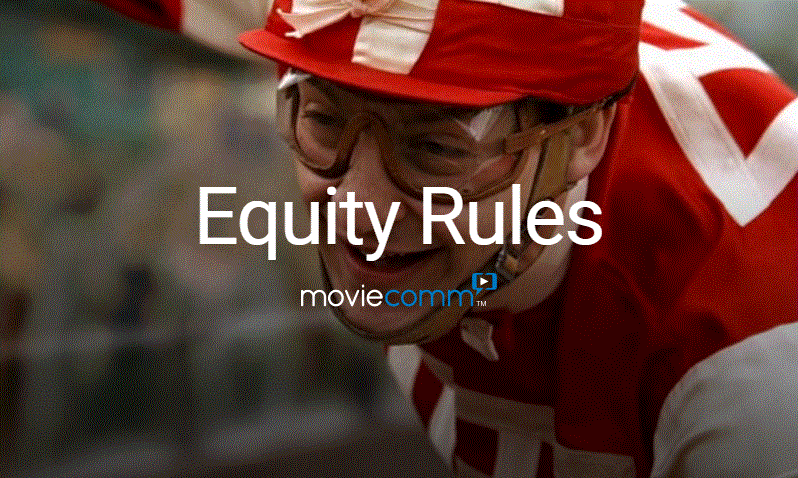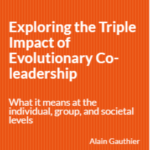It wasn’t Sigmund Freud, but the 19th century poet William Wordsworth who said, “The child is the father of man.“ But Freud, of course, would have agreed in that he argued that most, if not all, of the foundation for who we are as adults is cast in the first five years.
So, what are we to make of this? Are we stuck with our pre-verbal responses to authority, to failure, to success, formed long before we have conscious memory or control? After all, most of us neither remember nor had any say-so over what happened to us when we spilled our milk, refused to be potty trained, tried to please our parents, or told an untruth.
Still, one tenet of psychology is that to understand who we are today, we must understand who we have been. What shaped us to respond so viscerally to criticism and praise, to be driven to achieve or content to do little, to be fiercely independent or reliant on others?
This is where cognitive behavioral psychology makes it debut.
The idea is simple. We tune-in to what we are saying to ourselves in the moment, when we feel unfairly criticized, unappreciated, inadequate, excluded, reviled. When we do, chances are we will actually hear those old messages programmed into our operating systems, long before we had choice. Continue reading Do we ask a potential hire what their parents told them when they spilled milk? →







